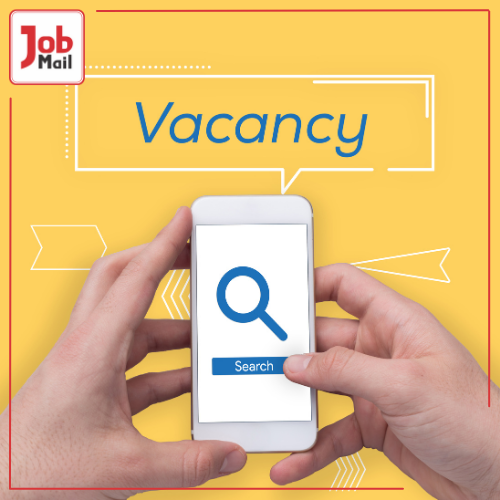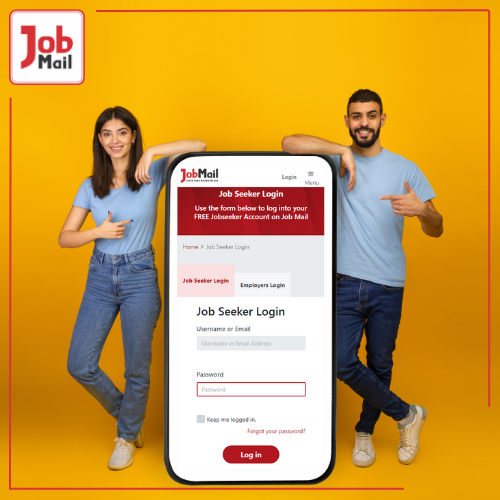Ever considered how the role of active listening during an interview could significantly influence your chances of landing the job? While most candidates focus on preparing answers, active listening is a skill that can set you apart from the competition. By truly understanding what the interviewer is saying, you can provide more thoughtful and relevant responses. This article explores how active listening can elevate your interview performance and why it’s a crucial component of a successful job interview. Need more tips on acing your next interview? Register your CV on Job Mail and start applying.
 Photo by Tima Miroshnichenko on Pexels
Photo by Tima Miroshnichenko on Pexels
Why Active Listening Matters in an Interview
Active listening is more than just hearing words; it's about fully engaging with the speaker, understanding their message, and responding thoughtfully. In the context of a job interview, this skill is invaluable. When you actively listen, you can better comprehend the interviewer’s questions, read between the lines, and provide answers that directly address their concerns. This not only shows that you are attentive and respectful but also that you are capable of effective communication—a key attribute in any professional setting.
How Active Listening Enhances Your Responses
One of the primary ways active listening can benefit you during an interview is by enhancing the quality of your responses. When you listen closely, you pick up on nuances, such as the interviewer’s tone, emphasis, and underlying concerns. This allows you to tailor your answers to what the interviewer is really asking, rather than just providing a generic response.
For instance, if the interviewer asks about your experience with teamwork, they might be looking for examples of how you resolve conflicts within a team. By actively listening, you can detect this underlying query and share an experience that highlights your conflict-resolution skills, rather than just talking about general teamwork.
Building Rapport with the Interviewer
Active listening also plays a crucial role in building rapport with the interviewer. Interviews are as much about establishing a connection as they are about assessing your skills and experience. When you actively listen, you demonstrate empathy and interest in what the interviewer is saying, which helps create a positive and engaging dialogue.
This connection can be particularly important in the job market, where interpersonal relationships and cultural nuances can significantly influence hiring decisions. By showing that you are fully engaged in the conversation, you position yourself as a candidate who not only has the necessary qualifications but also fits well within the company culture.
Avoiding Miscommunication and Clarifying Doubts
Miscommunication during an interview can lead to misunderstandings that may cost you the job. Active listening helps you avoid these pitfalls by ensuring you fully understand the questions before answering. If something is unclear, active listening gives you the confidence to ask for clarification without hesitation. This not only prevents errors but also shows that you are thorough and detail-oriented—qualities highly valued by employers.
Demonstrating Your Problem-Solving Skills
Active listening is closely tied to problem-solving. By listening carefully, you can better understand the challenges the interviewer presents, whether it’s a hypothetical scenario or a direct question about how you would handle a specific situation. Your ability to process this information and respond with a well-thought-out solution reflects your analytical and critical thinking skills.
For example, if an interviewer describes a challenge their team is facing, your active listening skills will allow you to propose a relevant solution that demonstrates your ability to think on your feet and apply your expertise to real-world problems.
 Photo by Tim Gouw on Unsplash
Photo by Tim Gouw on Unsplash
Non-Verbal Cues and Active Listening
Active listening isn’t just about the words being spoken; it also involves paying attention to non-verbal cues. These include the interviewer’s body language, facial expressions, and gestures, which can provide additional context to their words. For instance, if the interviewer seems enthusiastic about a particular topic, it might be an area they want to explore further with you. Responding to these cues appropriately can make your interaction more dynamic and engaging.
Similarly, your own non-verbal cues, such as nodding, maintaining eye contact, and leaning slightly forward, can signal that you are actively engaged in the conversation. These subtle actions can reinforce your verbal communication and leave a positive impression on the interviewer.
Practice Makes Perfect
Like any other skill, active listening requires practice. Before your interview, try practicing with a friend or mentor. Focus on really listening to what they’re saying, and respond in a way that shows you’ve understood their message. Over time, you’ll find that active listening becomes second nature, allowing you to perform better in interviews and other professional interactions.
Tips for Improving Active Listening During an Interview
- Maintain Eye Contact: Show the interviewer that you are focused and engaged by maintaining eye contact throughout the conversation.
- Avoid Interrupting: Let the interviewer finish speaking before you respond. Interrupting can disrupt the flow of conversation and might make you seem impatient.
- Summarise and Reflect: After the interviewer asks a question, briefly summarise what you heard before answering. This ensures you’ve understood the question correctly.
- Stay Present: Avoid letting your mind wander while the interviewer is speaking. Stay focused on the conversation to ensure you don’t miss important details.
- Ask Questions: If something isn’t clear, don’t hesitate to ask for clarification. This shows that you are fully engaged and interested in the conversation.
The role of active listening during an interview cannot be overstated. It’s a skill that not only enhances your responses but also helps build rapport, avoid miscommunication, and demonstrate your problem-solving abilities. By practicing and refining your active listening skills, you can significantly improve your chances of success in the competitive job market. Register your CV on Job Mail and have the pleasure of putting these tips into action.
Read Related Articles
- The Art of Effective Interview Follow-Up Strategies
- 10 Most Common Business Analyst Interview Questions and Answers
- Understanding the Different Types of Interviews in the Job Market
- How to Prepare for a Receptionist Job Interview: Key Tips for Success
- Interview Question: Why Are You Looking For a New Job?





